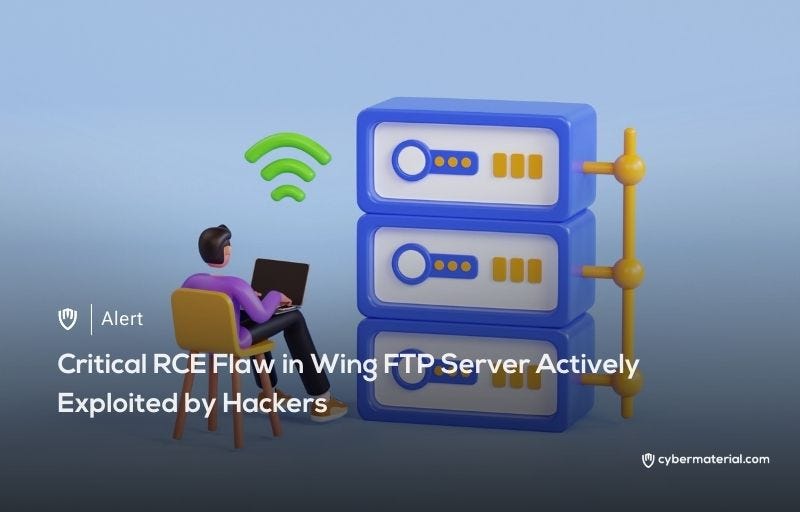
A critical remote code execution (RCE) vulnerability, identified as CVE-2025-47812, in Wing FTP Server is currently being exploited by threat actors. This flaw, deemed to have the highest severity, a…

A critical remote code execution (RCE) vulnerability, identified as CVE-2025-47812, in Wing FTP Server is currently being exploited by threat actors. This flaw, deemed to have the highest severity, a…